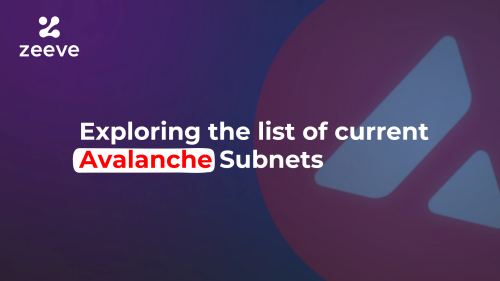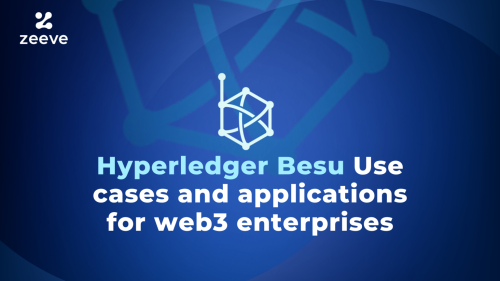California, Vermont and Ohio move Forward with Blockchain
This article origianlly apeared here: https://govcyberinsider.com/articles/2018/08/31/blockchain-news.aspx
by Sara Friedman on August 31, 2018
———————————————-
Although much blockchain development takes place in the private sector, states and government funding agencies are also advancing the technology through legislation, pilot projects and research.
California
The California state legislature passed Assembly Bill 2658 on Aug. 27. The bill defines blockchain and establishes a working group to evaluate the technology’s use in state government and California businesses. The new working group will look into the risks, benefits, legal implications and best practices surrounding distributed ledger technology and report back to the legislature.
Vermont
In Vermont, Gov. Phil Scott signed Senate Bill 269 into law to focus attention on the state’s support for blockchain businesses. The law allows for the creation of blockchain-based limited liability companies and orders the Department of Financial Regulation to review the technology’s potential for insurance and banking applications and consider areas for potential adoption along with any necessary regulatory changes. It also creates a study for the potential use of a distributed ledger in government records.
The Vermont legislation also allows blockchain company Propy to continue its work to secure property transactions. As part of a pilot program, Propy worked with South Burlington and Burlington to record government-supported real estate deals on a blockchain. The company plans to expand its pilot to other small towns in Vermont.
Ohio
SafeChain, a startup based in Columbus, Ohio, is working with the auditor’s office in that state’s Franklin County to test blockchain technology for record the sale of 37 properties in a forfeiture auction, according to the Columbus Dispatch. After a property is sold, SafeChain will add a barcode to the paper record, which the buyer can scan to retrieve the relevant documents on a permissioned blockchain.
The National Science Foundation awarded a $818,433 grant to researchers at the San Diego Computing Center to develop Open Science Chain, a blockchain-based platform that allows researchers to efficiently access and verify data collected through science experiments.
United States
NSF also awarded a grant for $191,245 to researchers at Carnegie Mellon University addressing the challenges the writing high-assurance smart contracts. They’re developing a new high-level language called Solidified that allows a programmer to express both the intent of the contract and its design constraints.






Responses